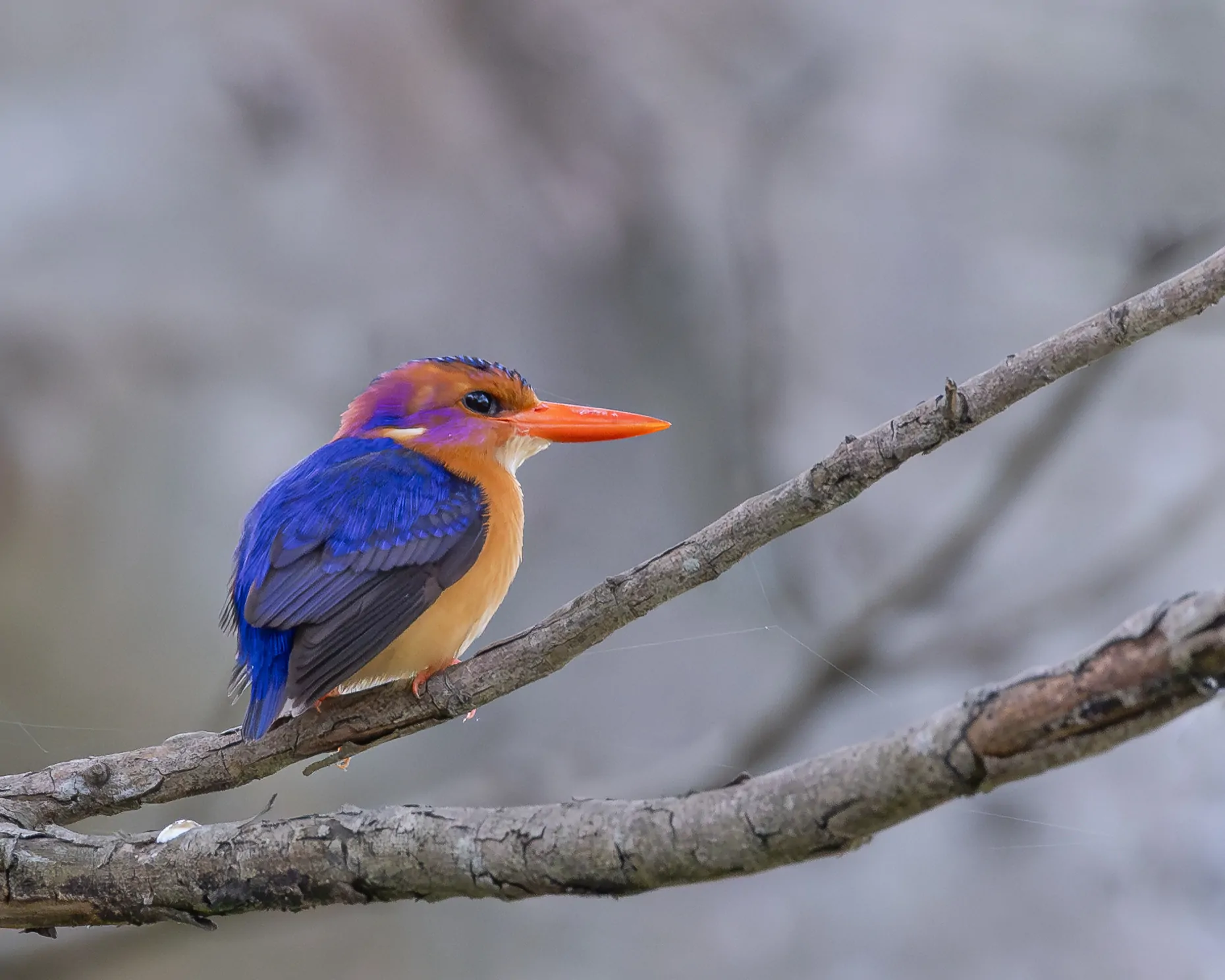Advertisement
In recognition of World Migratory Bird Day, Simbithi Eco-Estate on KwaZulu-Natal’s North Coast is celebrating an exciting natural milestone, the return of several rare and migratory bird species to its protected green spaces – cementing its role as a vital ecological sanctuary along South Africa’s migratory flyways.
Among this year’s most anticipated sightings is the Spotted Ground Thrush (Geokichla guttata), a shy and vulnerable species that travels from the Afromontane forests of the Eastern Cape to milder winter climates in KZN. Classified as endangered in South Africa due to deforestation and habitat fragmentation, the bird’s presence at Simbithi is a hopeful sign that targeted conservation efforts are yielding real results.
“We’re incredibly proud to host a species as rare and sensitive as the Spotted Ground Thrush,” says Ayanda Duma, Environmental Manager at Simbithi Eco-Estate. “Its return to our estate is an ecological barometer indicating our efforts to restore and preserve natural habitats is having measurable impact.”
Equally eye-catching during this winter migratory season is the African Pygmy Kingfisher (Ispidina picta), with its vivid plumage and energetic behaviour. This small, colourful bird breeds across sub-Saharan Africa and migrates during the dry season in search of wetter, food-rich areas like those found in Simbithi’s forests, wetlands, and coastal scrublands.
Simbithi’s mosaic of habitats, including coastal forest remnants, wetland zones, and riparian corridors, makes it uniquely suited to support nearly 300 resident and migratory bird species. These green lungs within an increasingly urbanised region have become critical stopover points for birds navigating thousands of kilometres in a bid to survive seasonal shifts, breeding demands, and climatic changes.
The return of these birds is not coincidental. It is the result of years of deliberate environmental stewardship by the Simbithi Eco-Estate management team and its residents. Through initiatives like Enviro Days—interactive sessions that encourage residents to plant indigenous flora, install bird baths, avoid chemical pesticides, and understand the migratory patterns of visiting species—the estate has succeeded in created an eco-conscious community culture.
Supporting these efforts is the estate’s Birding Group, a passionate collective of residents and experts who conduct regular surveys, identify nesting zones, and contribute to citizen science platforms that feed into national and global bird databases such as BirdLasser and eBird.
“These collaborative, community-driven projects show that local action really does have global significance,” explains Duma. “Our data helps international conservationists understand migration routes, track population health, and identify emerging threats to migratory species.”
While World Migratory Bird Day is globally observed, its relevance is deeply rooted in what happens on the ground – especially on a local level. Migratory birds face an uphill battle: habitat loss, urban sprawl, illegal hunting, and climate change have caused dramatic population declines in many species.
Advertisement
Simbithi’s continued role as a migratory haven is not only a win for biodiversity but also for local ecotourism, education, and sustainable living. Birdwatchers, school groups, and conservationists are increasingly drawn to the estate to witness rare species and learn more about the interconnectedness of wildlife and urban design.
As the theme for this year’s World Migratory Bird Day highlights the need for protecting insects and feeding birds, Simbithi Eco-Estate encourages KZN residents and visitors to take simple but impactful actions, such as planting nectar-rich indigenous plants, reducing light pollution during migration seasons, and spreading awareness of bird-friendly practices.
“We all have a part to play,” concludes Duma. “Whether it’s adjusting your garden design or supporting conservation groups, these small steps add up. When a rare species such as the Spotted Ground Thrush chooses your backyard as its winter retreat, you realise just how close to home this global mission truly is.”
